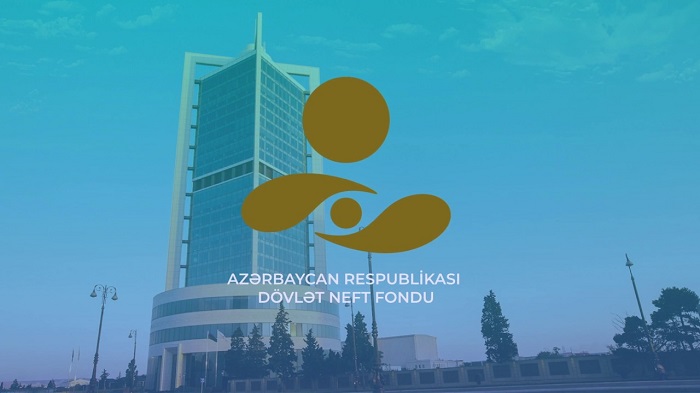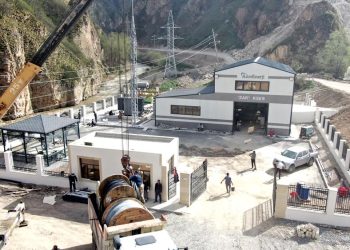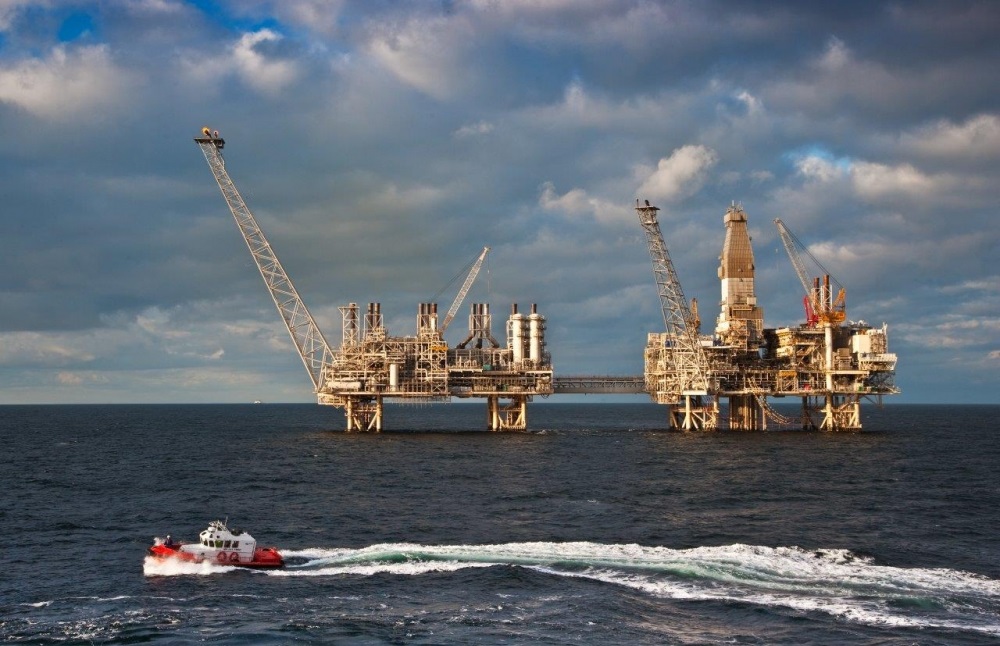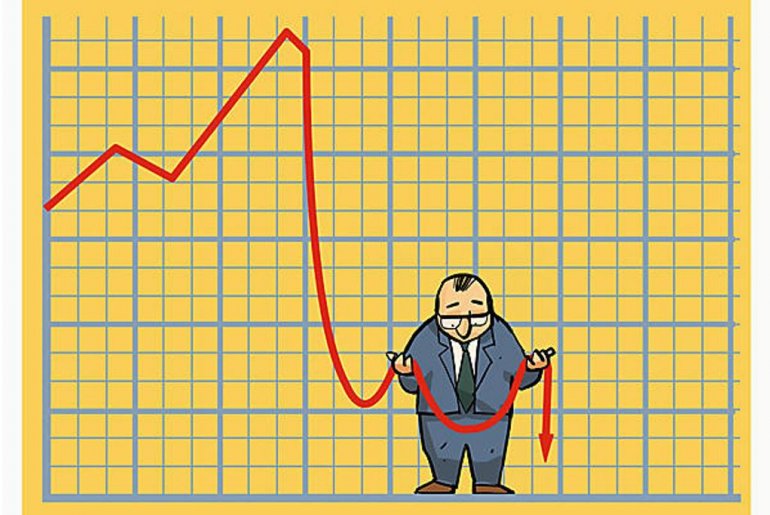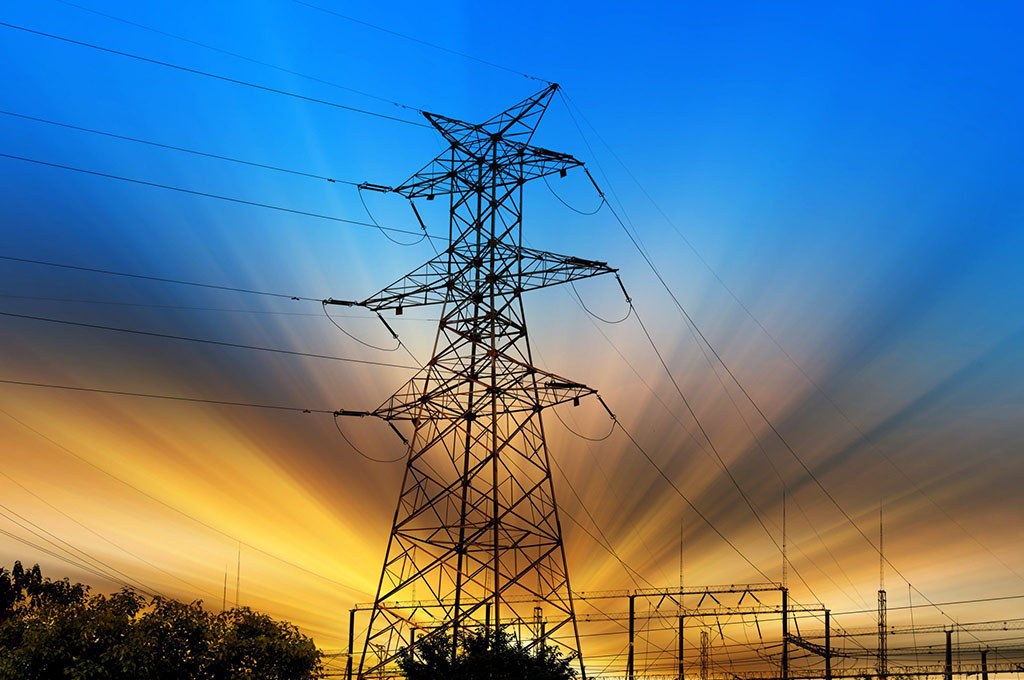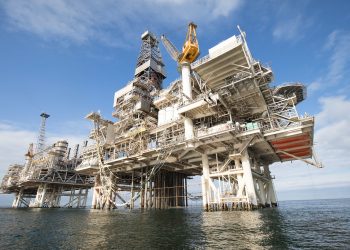BG Energy Holdings Ltd, BP plc, Royal Dutch Shell plc and Total SA are among the oil and gas companies rated by Fitch international ratings agency in the Europe, the Middle East and Africa that stand to gain from a potential shift in EU countries’ energy links with Russia over time, while OAO Gazprom and NJSC Naftogaz of Ukraine, are most likely to find themselves at a disadvantage, according to a message from Fitch.
“The latest global diplomatic dispute with Russia over the crisis in Ukraine could prompt a change to European energy security, which has traditionally focused on diversifying gas transportation routes into the EU through a network of new pipelines while doing little to diversify the actual sources of gas supply,” Fitch analysts believe.
In a report published today, Fitch analyses a scenario where EU countries could be forced to “recast their approach to energy and economic links with Russia over time” to quote UK Foreign Secretary William Hague.
The U.S. is considering increasing the pace of liquefied natural gas (LNG) export license approvals to non-Free Trade Agreement nations.
BG Energy Holdings Ltd is participating in three of the six projects already approved by the U.S. Department of Energy to export U.S. LNG.
“Construction for these projects begins between 2014 and 2015, with first gas anticipated between 2017 and 2019,” Fitch said.
BP completed the final investment decision for the Stage 2 development of the Shah Deniz gas field with its local partner State Oil Company of the Azerbaijan Republic (SOCAR) in December 2013.
“The expansion of the southern corridor gas link to Europe puts these companies in a unique position to diversify EU gas supplies. First gas to Europe is expected by 2019,” according to the Fitch report.
The gas to be produced within Stage 2 development of the field will be exported to Turkey and European markets by means of expanding the South Caucasus Pipeline and construction of the Trans Anatolian Gas Pipeline (TANAP) and Trans Adriatic Pipeline (TAP).
Shell is the first company in the world to develop floating LNG facilities (FLNG). FLNG technology is an important development for the LNG industry as it reduces both the project costs and environmental footprint of an LNG development.
“If Shell is able to replicate the FLNG technology it is deploying in Australia to diversify European supplies, this could give the company a competitive advantage over peers,” Fitch said.
Total continues to invest in UK shale gas production that could provide it with valuable experience not gained by other European peers. Total became the first Western oil major to invest in UK shale after agreeing to take 40 percent in two licenses that are part of the prospective Bowland Shale in northern England. This investment could give the company a head start if European shale gas production begins to ramp up in a meaningful way.
“On the other hand, Gazprom faces the prospect of diminishing market share if Europe seeks alternative gas supplies instead of simply alternative gas routes from Russia around Ukraine. Gazprom supplied 30 percent of European gas volumes in 2013. Europe may find the political will to reduce this percentage, especially given the potential of U.S. LNG exports,” Fitch experts believe.
Fitch said Naftogaz could be facing both higher prices for gas supplies from Russia and reduced volumes for internal consumption.
Gazprom has already indicated that it intends to increase the price Ukraine pays for its gas supplies by 37 percent starting in second quarter of 2014. Additionally, Gazprom says it will again consider reducing gas supplies if Ukraine is not able to pay what it owes Russia for previous gas deliveries.
Fitch said the BG Energy Holdings Ltd has rating A-/Stable, BP plc – A/Stable, Royal Dutch Shell plc – AA/Stable, Total SA – AA/Stable, SOCAR BBB-/Stable, Gazprom – BBB/Stable and NJSC Naftogaz of Ukraine – CCC.





